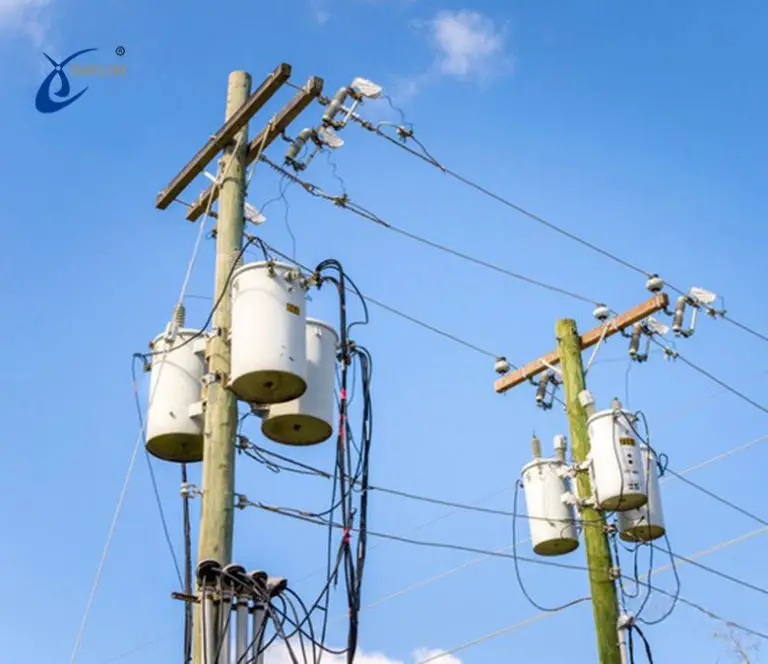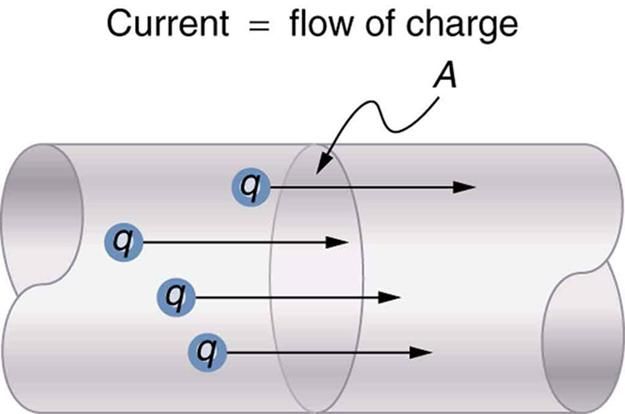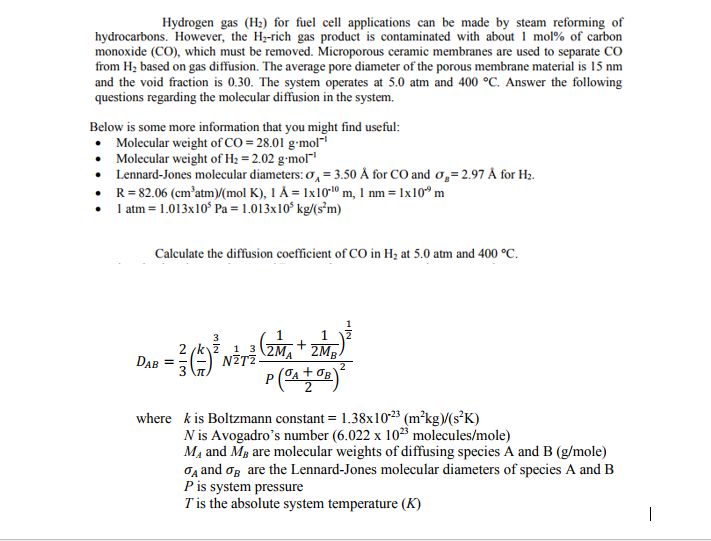Is A Masters In Renewable Energy Worth It?

Renewable energy has been experiencing rapid growth in recent years as the world transitions away from fossil fuels toward more sustainable energy solutions. According to Penn State University, renewables accounted for 11% of total U.S. energy consumption in 2020. This is due to growing demand as governments, organizations, and individuals seek ways to reduce carbon emissions. With initiatives like the Paris Climate Agreement, there is mounting pressure to adopt renewable sources like solar, wind, hydroelectric, and geothermal power.
In response, there has been an increase in masters programs focused specifically on renewable energy. These equip students with the engineering, business, and policy knowledge needed to advance the adoption of renewables. According to mastersportal.com, there are over 160 masters programs worldwide related to renewable energy and sustainability. These masters degrees are preparing the next generation of leaders to meet renewable energy targets and build a more sustainable future.
Career Opportunities
The renewable energy industry offers a wide variety of well-paying jobs. According to GetEducated, professionals in renewable energy jobs command median salaries of $116,500 annually, while the top 10% earn over $166,500. Some of the top jobs in the industry include:
- Solar Energy Systems Engineers – Median salary of $99,730
- Wind Energy Engineers – Median salary of $97,370
- Hydroelectric Plant Technicians – Median salary of $86,780
- Geothermal Production Managers – Median salary of $156,380
According to ZipRecruiter, some of the highest paying renewable energy jobs include Renewable Energy Sustainable Engineering at $136,146 annually and Senior Wind Energy Project Manager at $120,667. The Bureau of Labor Statistics projects employment of solar photovoltaic installers to grow 51% between 2019-2029, much faster than average across all occupations.
Skills Learned
A Masters in renewable energy will provide students with a mix of technical, research, business, and management skills that will prepare them for a career in the renewable energy industry.
Some of the key technical skills gained include understanding renewable energy technologies like solar, wind, geothermal, and biomass. Students gain hands-on experience designing, testing, and maintaining renewable energy systems. Many programs offer a focus on innovative solutions and technologies like energy storage, smart grids, and microgrids.
Strong research skills are also developed through activities like modeling energy systems, analyzing data, and conducting experiments. Writing reports, presenting findings, and publishing papers are common assignments that build communication abilities.
On the business side, skills like project management, budgeting, policy analysis, and entrepreneurship are covered. Understanding energy markets, regulations, incentives, and business models gives students insights into real-world renewable energy projects.
Overall, the wide range of technical, research, business, and management skills prepares graduates to take on diverse roles in the renewable energy industry like project managers, policy analysts, researchers, consultants, and product developers.
Program Options
There are several types of masters programs available for renewable energy engineering, including research-focused and professionally-focused degrees. Research masters tend to be more theoretical and suited for students interested in a PhD or academic career, while professional masters provide practical training for industry careers.
Some of the top ranked schools for renewable energy masters programs include Oregon Institute of Technology, University of California Berkeley, University of Texas Austin, Stanford University, and Massachusetts Institute of Technology, according to sources.
Most masters programs take 1-2 years to complete full time. Research-focused masters typically require a thesis project taking 1-2 semesters, while coursework masters can be completed in a shorter time frame. Programs are also available part time or online, which extend the completion timeline but allow students to work while studying.
Admissions Requirements
Admissions requirements for a masters in renewable energy vary by school, but most programs have some common prerequisites. Many require a bachelor’s degree in engineering, science, or a related technical field like physics or environmental science (Program: Technology – Renewable Energy Engineering). Strong backgrounds in math, physics, thermodynamics, and other technical courses are preferred.
Most programs also require GRE or GMAT test scores, though some may waive this requirement for applicants with sufficient work experience (Renewable Energy and Sustainability Systems | Penn State). Recommendation letters from professors or employers familiar with the applicant’s academic and professional abilities are also common requirements.
International students may face additional requirements such as minimum TOEFL scores. The exact prerequisites vary for each program, so prospective students should thoroughly review admissions criteria before applying.
Costs
The cost of a masters degree in renewable energy can vary greatly depending on the university. According to the University of Delaware, the 2023-2024 graduate student tuition rate per credit hour is $1,028 (source). Texas Tech University states that their program cost includes all university tuition and fees, at a cost of $10,000 per semester (source). So tuition can range from around $20,000 for a shorter program up to $60,000 or more for a longer program.
Many universities offer financial aid and scholarships to help offset the costs. Research assistantships and teaching assistantships are commonly available, which provide a tuition waiver and stipend in exchange for working a certain number of hours for the university. Student loans are another option that allows students to pay tuition over time after completion of the program.
Return on Investment
Most students pursuing a master’s degree in renewable energy can expect a positive return on their investment in the long run. According to research by the Foundation for Research on Equal Opportunity, the estimated 20-year net return on investment for a master’s degree in environmental science is nearly $600,000 (Source). This factors in the costs of tuition and lost earnings during schooling compared to the lifetime earnings boost that comes with having an advanced degree.
One key driver of the strong ROI is the salary boost that comes with a master’s in renewable energy. Data from PayScale shows that master’s degree holders in environmental science earn a median salary of $70,200, which is 22% higher than the median for bachelor’s degree holders. Over a 30+ year career, this salary premium adds up to hundreds of thousands in extra earnings (Source).
In addition to higher pay, those with a master’s degree in renewable energy tend to have excellent job prospects upon graduation. Surveys of graduates show that over 90% are employed within six months of completing their degree, often landing coveted roles in the public and private sector leading sustainability initiatives (Source). The specialized skills and knowledge gained make master’s graduates very attractive to potential employers.
Pros and Cons
There are many potential benefits and some drawbacks to consider when deciding whether to pursue a Master’s degree in renewable energy. Some of the key pros include:
Growth and demand – The renewable energy sector is experiencing rapid growth globally. There is high demand for skilled professionals as countries transition to renewable energy sources like solar, wind and geothermal (https://www.factorfinders.com/blog/pros-cons-renewable-energy/). A Master’s degree can position graduates for ample job opportunities.
Higher earning potential – Master’s degree holders generally earn more than those with only a Bachelor’s degree. According to the US Bureau of Labor Statistics, median annual pay for environmental engineering technician jobs was $50,230 versus $86,800 for environmental engineers in 2020.
Some of the potential cons or challenges include:
Time and cost – Completing a 1-2 year Master’s program is a significant time and financial investment. Program fees, living expenses and lost income during study need to be factored in (https://www.quora.com/How-beneficial-is-doing-a-masters-degree-on-Renewable-Energy-What-are-the-good-universities-providing-courses-for-this-and-also-how-is-the-scope-for-this-now).
Competitive job market – The growing industry attracts many candidates. Those without work experience may need to start in junior roles before advancing.
Alternatives
For those looking to enter the renewable energy field without pursuing a full master’s degree, there are some alternative routes to consider:
Certifications
– Many professional associations like the North American Board of Certified Energy Practitioners (NABCEP) offer certification programs in areas like solar PV installation and design. These certifications demonstrate knowledge and competency in specialized renewable energy skills. According to NABCEP, those with certifications may have better job prospects and earn higher salaries. [1]
Apprenticeships
– Apprenticeships allow you to gain hands-on experience under the guidance of seasoned professionals. For example, the Department of Energy Office of Energy Efficiency and Renewable Energy offers a Solar Instructor Training Network program that provides training to become a solar instructor. Some apprenticeships may count toward certification or lead to job opportunities. [2]
Work Experience
– Those with technical backgrounds like electrical engineering can potentially transition into the renewable energy industry through directly relevant work experience. Building up domain expertise through internships, assistant roles, O&M technician jobs, or installations can demonstrate functional capabilities to employers. In some cases, work experience may sufficiently qualify candidates for certain positions in lieu of a full master’s degree.
Conclusion
In summary, a masters degree in renewable energy can provide several benefits for those looking to enter or advance in the growing renewable energy sector. The degree allows students to gain technical knowledge and skills through advanced coursework and hands-on training in areas like solar, wind, geothermal and biomass energy. Students also have opportunities to work on applied research projects and build up their professional network.
However, these programs do require a significant time and cost commitment. Students need to weigh prospective career and salary outcomes against tuition fees that can exceed $30,000. Some may be able to enter the industry successfully and advance with just an undergraduate degree or certificate program. Ultimately, the return on investment from a masters in renewable energy depends greatly on the individual’s career goals and financial circumstances.
For those with strong interest in renewable energy research or engineering roles, the advanced degree can be well worth it. But for others hoping to work more broadly across the energy sector, the costs may outweigh the benefits. Prospective students should carefully consider their motivations, career targets and budget when deciding if a masters in renewable energy is a worthwhile educational investment.






